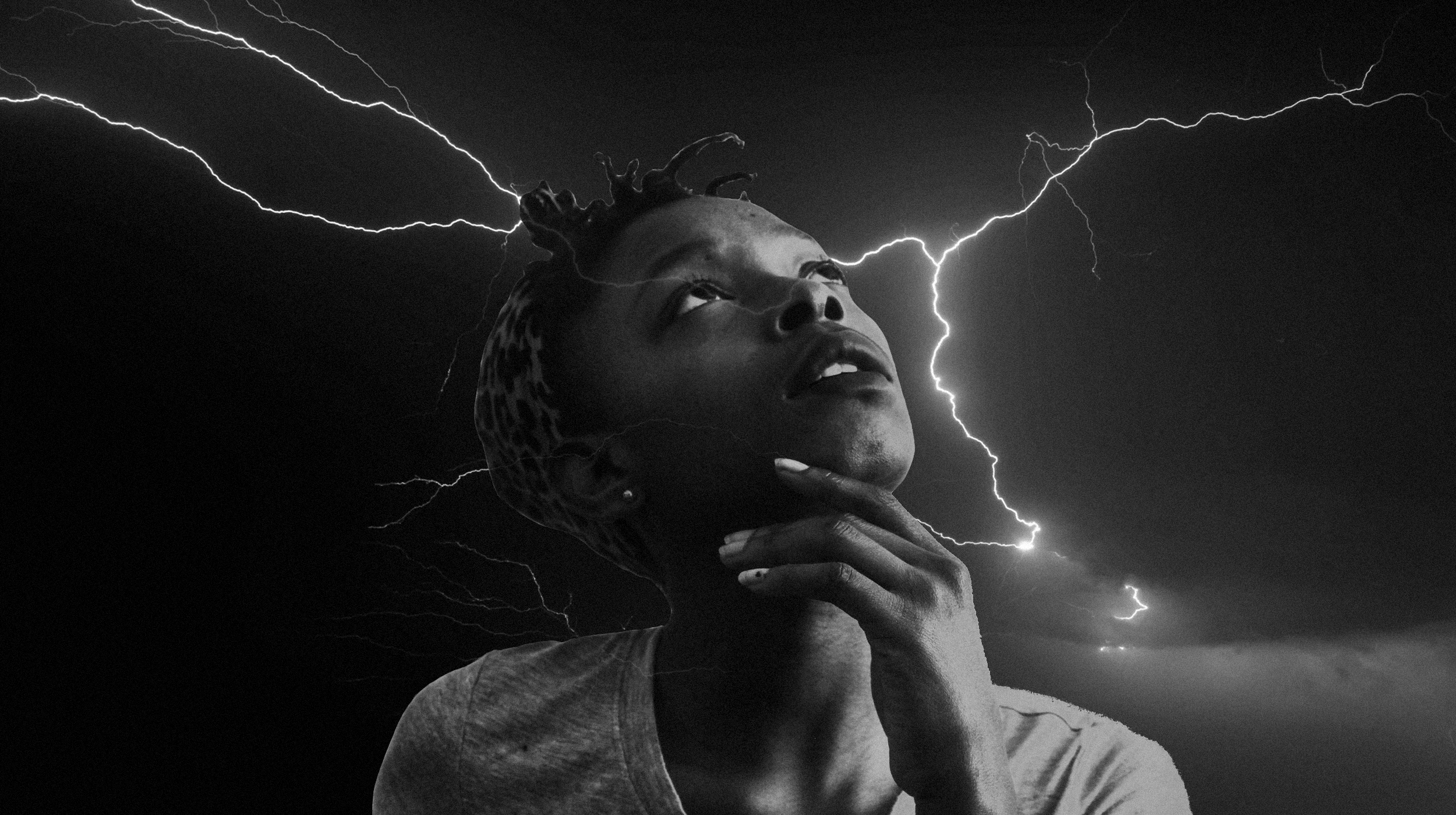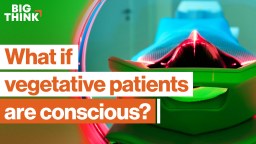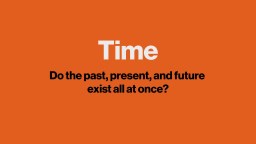neuroscience
The compound found in “magic mushrooms” has significant and fast-acting impact on the brains of rats.
Schools have become captivated by the idea that students must learn a set of generalized critical-thinking skills to flourish in the contemporary world.
Psychologists discover that the way the brain perceives beauty differs between art or faces.
A Stanford study explores the effect of multitasking on memory in young adults.
“Such studies will lead to a better understanding of brain development in both autistic and typical individuals.”
How can we learn from the lessons of the past and build a better future?
Research suggests that aging affects a brain circuit critical for learning and decision-making.
The area of the brain that recognizes letters and words is ready for action right from the start.
While the benefits of music therapy are well known, more in-depth research explores how music benefits children with autism.
New research pinpoints the neurons responsible for your choices.
Mosquitoes can taste your blood using unique sensory abilities. Can we use that to keep them off us?
Researchers explore the “complex web of connections” in your brain that allows you to make split second decisions.
A new study shows how poor children are negatively impacted neurologically.
Creating a better understanding by clearing up common misconceptions about the neurodiversity movement.
This week, Big Think is partnering with Freethink to bring you amazing stories of the people and technologies that are shaping our future.
▸
5 min
—
with
Crows have their own version of the human cerebral cortex.
Yet 80 percent of respondents want to reduce their risk of dementia.
A team of researchers have discovered the brain rhythmic activity that can split us from reality.
A team at the University of Basel discovered a connection between antidepressants and REM sleep.
Does time exist? Here’s what the debate is all about.
▸
13 min
—
with
Christians and Muslims that pick out unconscious patterns are more likely to believe in a god.
The neurodevelopmental disorder has long baffled researchers.
You actually score worse on memory tests.
A study from McGill University reveals the secret of musicians who have excellent time.
The improvement in personal well-being might be worth effort.
Most of us carry a mother’s voice in the neural patterns of our brain.
New research shows that neurons in autistic brains begin to developmentally diverge in early prenatal stages.
Johns Hopkins researchers hope this could lead to new interventions for combating it.
Non-partisans are real, and their lack of partisanship has a cognitive element.





























